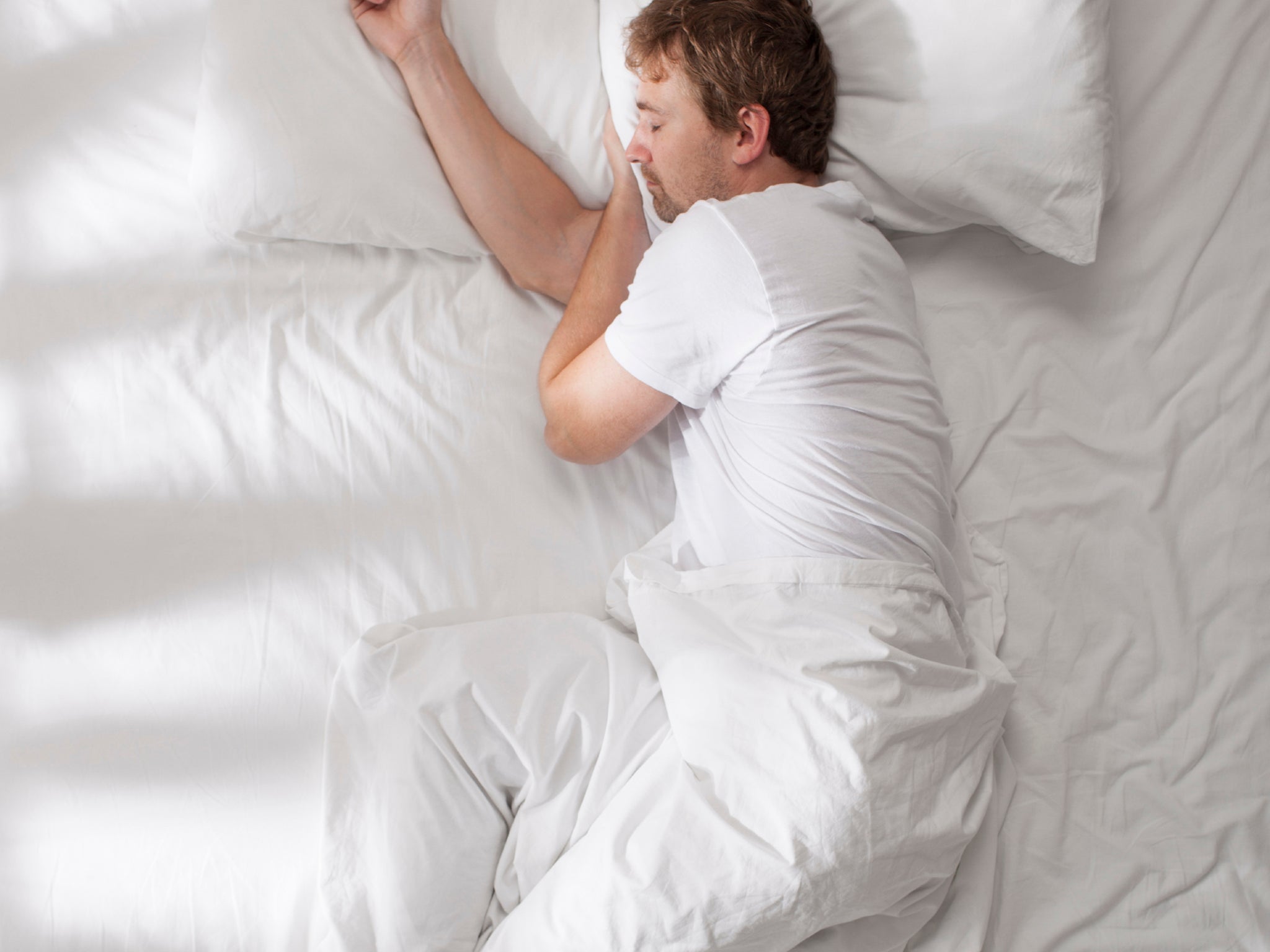Space scientists could make human hibernation a reality
There is nothing in principle to preclude the notion that humans are physically capable of hibernating

Your support helps us to tell the story
From reproductive rights to climate change to Big Tech, The Independent is on the ground when the story is developing. Whether it's investigating the financials of Elon Musk's pro-Trump PAC or producing our latest documentary, 'The A Word', which shines a light on the American women fighting for reproductive rights, we know how important it is to parse out the facts from the messaging.
At such a critical moment in US history, we need reporters on the ground. Your donation allows us to keep sending journalists to speak to both sides of the story.
The Independent is trusted by Americans across the entire political spectrum. And unlike many other quality news outlets, we choose not to lock Americans out of our reporting and analysis with paywalls. We believe quality journalism should be available to everyone, paid for by those who can afford it.
Your support makes all the difference.Watching the Chancellor’s Budget isn’t for everyone: those who are not politics junkies may have felt themselves slipping into something approaching torpor yesterday lunchtime. And with added tax on sugary drinks, the cost of a sweet, fizzy pick-me-up may soon be too much to bear. Sleeping through will be an ever more attractive option.
Scientists working for the European Space Agency (ESA) may be some way towards a rather longer-term solution to keeping us fresh. In the admittedly niche context of long-distance space travel they are examining the possibilities of human hibernation. Journeys to Mars, which take around eight months, might get a little tedious, apparently. Spending weeks in a deep sleep would help kill time and save energy.
As the ESA researchers note, there is nothing in principle to preclude the notion that humans are physically capable of hibernating. Other large mammals, including primates, can do so. If it’s good enough for the fat-tailed dwarf lemur of Madagascar, surely it’s good enough for the rest of us. True, there remains work to do when it comes to finding a way to control human temperature and metabolism without the aggressive use of drugs. We would also need to ensure we got into good habits when it comes to turning off the telly and cancelling the milk before a three-month nap – but these ought not be insurmountable difficulties.
Indeed, if predictions regarding the takeover of the jobs market by robots are to be believed, a long spell snuggled under the duvet may be the perfect solution for humans left otherwise twiddling their thumbs. George Osborne will probably find a way to use hibernation as a way to massage those pesky productivity figures.
All power then to the ESA’s scientists; their efforts can’t pay off soon enough. If only there was something to do while we wait. Zzzzzzzz.
Join our commenting forum
Join thought-provoking conversations, follow other Independent readers and see their replies
Comments